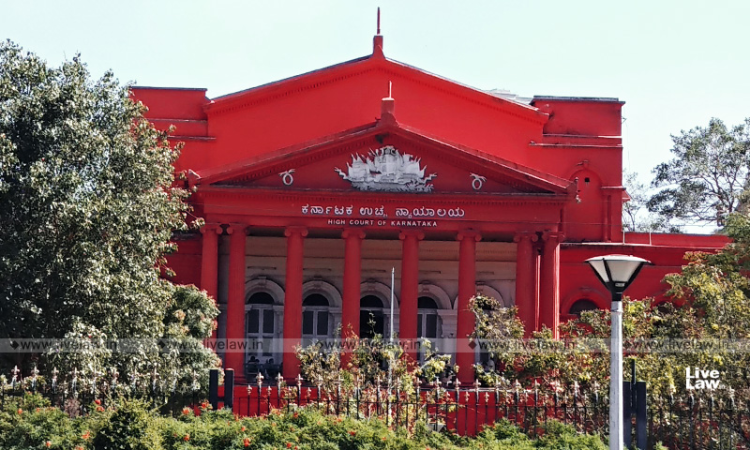'Adverse Possession' Of Property vs 'Permissive Possession': Karnataka High Court Explains
Mustafa Plumber
7 Jan 2022 11:07 AM IST

Next Story
7 Jan 2022 11:07 AM IST
The Karnataka High Court has said a person will not acquire adverse possession by simply remaining in permissive possession, for however long it may be. Dr. Justice HB Prabhakara Sastry said, "Article 65 of the Limitation Act presupposes that the limitation starts only if the defendants prove the factum of adverse possession affirmatively from a particular time." It added that,...
